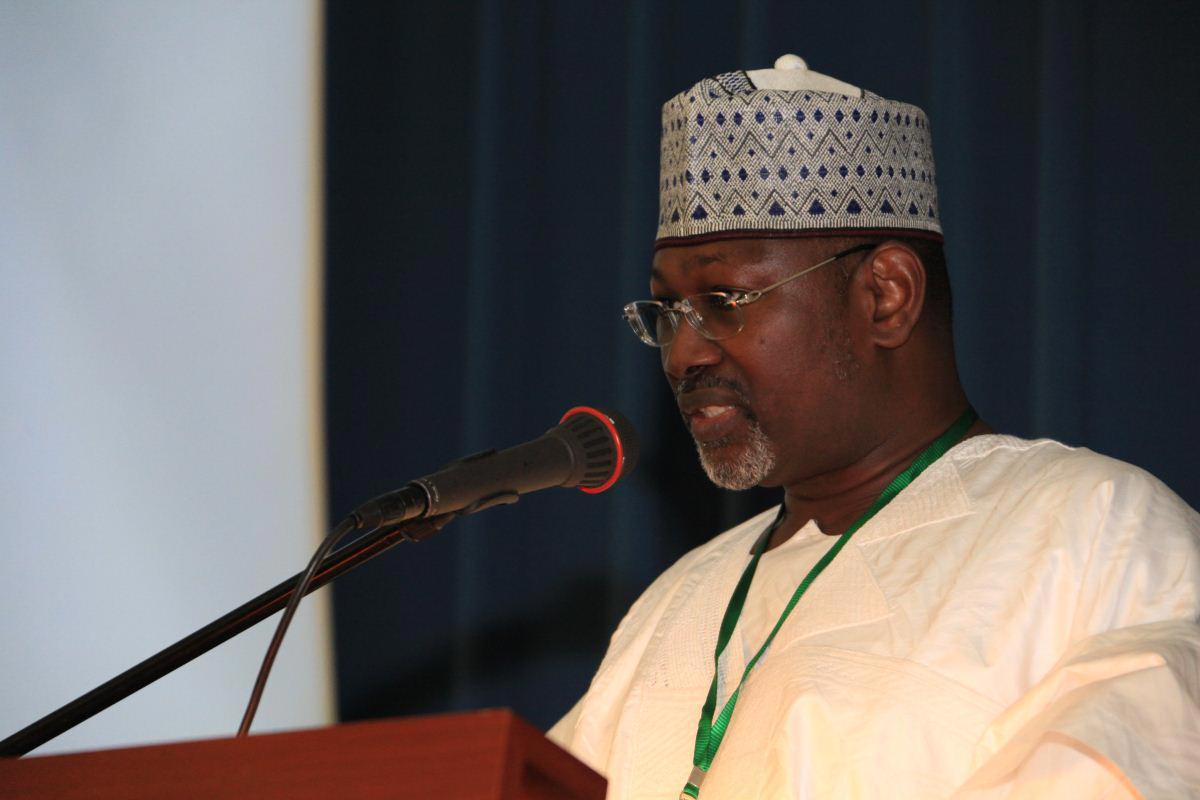Preparatory to the National Assembly and state assembly elections expected to hold February 14, the Independent National Electoral Commission (INEC) will commence the verification of the credentials submitted by the political parties on behalf of their respective candidates.
In the same manner, the verification exercise for presidential candidates of 10 political parties for the February 14 presidential election is expected to hold between January 16 and 18 next year.
INEC, it was gathered, would be using the provisions of the constitution and the Electoral Act for the screening and verification of the documentation presented by the various candidates of the political parties.
In this regard, INEC would set up committees for the verification of candidates vying for national and state assemblies and members of these committees will be visiting the states to verify the personal particulars of the candidates between January 4 and 14.
However, the presidential and governorship verification exercise as well as the clearance committee will conduct its screening at the commission’s headquarters, Abuja, from January 16 to 18.
As penalty for candidates with false credentials, INEC is threatening to impose a fine of N500,000 on parties that present such candidates.
The guidelines for the screening and verification exercise were posted on the INEC website yesterday.
The guidelines state: “Parties are requested to ensure that the candidates they intend to sponsor at the elections are available with the originals of all their credentials at the respective venues for the exercise, in case they are required.
“The attention of parties and their candidates is also drawn to Section 32 of the Electoral Act, 2006, which disqualifies any candidate who provides false information in his/her affidavit (Form CF 001) from contesting elections.
“Furthermore, a political party which presents such a candidate that is guilty of the offence, is liable to a fine up to N500, 000.”
The INEC form 0001 that contains the personal details are displayed in all the state and local government offices of the commission in the constituencies of the candidates.
The guidelines further state that “any person who has reasonable grounds to believe that any information given by any candidate is false, or that the candidate is not qualified, or should be disqualified from contesting the elections should notify the commission in writing within seven days of this publication”.
The presidential candidates expected to contest the February presidential election, as released by INEC, are President Goodluck Jonathan of the Peoples Democratic Party (PDP), Major-General Muhammadu Buhari of the All Progressives Congress (APC), and a woman, Prof. Comfort Oluremi Sonaiya of Kowa Party.
Others are Ambrose Albert (Hope Democratic Party); Ganiyu Galadima (Allied Congress Party of Nigeria); Rafiu Salau (Alliance for Democracy); Godson Okoye (United Democratic Party); Dr. Nani Ibrahim Ahmad (African Democratic Congress); Martin Onovo (National Conscience Party); Tunde Anifowoshe-Kelani (Action Alliance); and Chekwas Okorie (United Progressive Party).
Their running mates are: Vice-President Namadi Sambo (PDP); Prof. Yemi Osinbajo (APC); Haruna Shaba (Hope Democratic Party); Balarabe Ahmed (Allied Congress Party of Nigeria); Prof. Clinton Cliff Akuchie (Alliance for Democracy); Haruna Adamu (United Democratic Party); Obianuju Murphy-Uzohue (African Democratic Congress); Ibrahim Mohammed (NCP); Saidu Bobboi (Kowa Party); Comrade Paul Ishaka Ofomile (Action Alliance); and Bello Umar (United Progressive Party).







